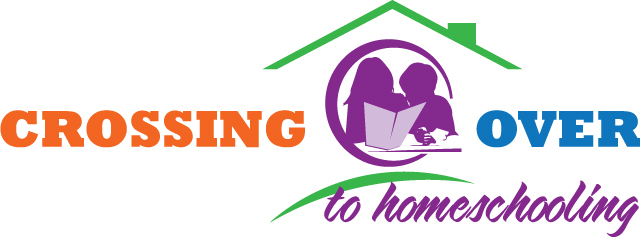Is My Child Learning?
This question strikes more fear in homeschooling parents than any other ... because we are so afraid that we may not be doing enough to ensure that our kids are "keeping up." Here's a question for you … Keeping up with whom?
We all want our children to be successful and we all worry that the level of education they receive from us may not be enough to ensure that success. It's ironic because as a parent we all instinctively know without hesitation that children learn at their own pace, in their own way, and in their own time. But we still have to be reminded that it's no different with academics. And in our experience, their progress is most often very apparent because we've been with them throughout the year and have seen it with our own eyes and heard it with our own ears.
That said, we understand how important it is to parents that they have some tangible reassurance and can demonstrate that their child is progressing, learning, and ready to move forward. Parents want to have some tangible means of confirming that to themselves or to others.
Here are some options available that can provide tangible evidence that your child is learning and may be ready to move forward to the next level:
Please remember these are only ideas and tips, and that for your state, you may have to provide more detailed requirements or testing results.
- Have your child re-enact a scene or their favorite part of a book you have been reading. (Parents can record it for their child and to use for their portfolio if they are required to keep one).
- Utilize the final test/exam provided by your curriculum provider. Have the child complete it using the learning style that works best for them. ( i.e. have them answer the questions orally). Another option is to have your child take the placement test (if one is available) for the curriculum and be sure they test into the next "level".
- Ask the child to create a video, collage, power point presentation, diorama, etc. that details the subject you have been studying. Even a game like Minecraft can be used.
- Allow the child to write an essay, short story, or make a picture book detailing the subject you have been studying.
- Have your child take a nationally normed exam.
- Basic Achievement Skills Inventory (BASI) for grades 3–12
- Brigance Diagnostic Inventories (Good for special needs children)
- Yellow Brigance: birth to developmental age 7
- Green Brigance: grade levels Pre-K through 9
- California Achievement Test (CAT) – Version 5 or 6
- Comprehensive Test of Basic Skills (CTBS)
- Iowa Test of Basic Skills (ITBS)
- Kaufman Test of Educational Achievement (KTEA-II)
- Stanford Achievement Test (Stanford-10 or SAT, not to be confused with the College Board SAT).
- Wide Range Achievement Test (WRAT) (Short but accurate; because of brevity, can be helpful for children with attention difficulties)
- Woodcock-Johnson (Oral interaction/evaluation in addition to written work; must be administered by qualified tester, usually a psychologist or an education professional)
- ***PASS test (Not a nationally normed exam)
- Depending on the subject studied, the student could complete a final project that encompasses the entire course. For example – Economics - The child could come up with a business idea and create a plan to open said business. The child could create a budget, buying all their own food, taking care of their own cooking, cleaning, etc.
